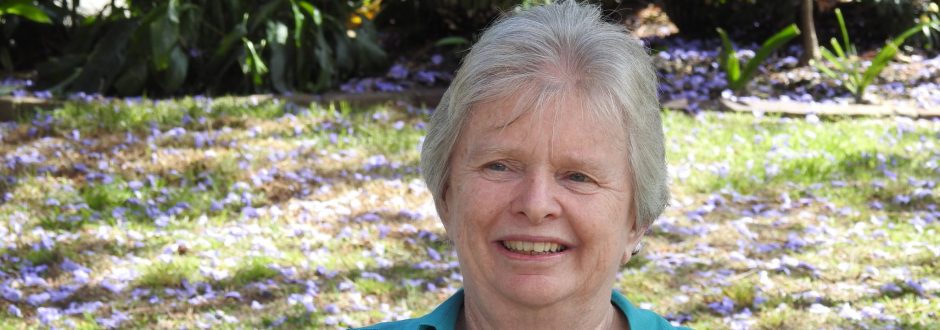What do we mean when we say the next generation should be better off than the previous one, asks Good Samaritan Sister Clare Condon.
BY Clare Condon SGS
Often I hear the comment that the next generation should be better off than the previous one. Parents want to leave their children better off than they were.
Usually I find that those advocating this mantra are simply considering material goods and wealth. They are usually the already wealthy or those aspiring to be so – those with a greater share of a nation’s wealth. Interestingly however, there doesn’t appear to be much consideration given to the next generation having a greater sense of well-being, health, peace, or a stronger spirituality and a more intelligent and cultured life.
In economic terms, one of the key indicators of progressive wealth is home ownership. Statistics recently cited in the UK edition of The Guardian indicate that “for those on low to middle incomes the situation has become particularly tough”. “As recently as 1998,” writes Larry Elliott, “more than half of those earning 10-50% of average national income had a mortgage. That figure has now dropped to one in four and will be around one in ten within a decade on current trends. Owner occupation is increasingly the preserve of the elderly and the well off.”
These are UK figures, but the trend is similar here in Australia. What stands out for me is that those who are marginalised in our societies are the ones who will not be better off than their parents. For the most part, they will never be able to afford their own homes.
So is it time to consider what other indicators could more accurately determine future betterment for the next generation if the Australian dream of owning one’s home is not going to be a reality, and increased wealth will not be achieved by those most marginalised?
The findings of a recent study from The Australian Child Wellbeing Project might offer some advice. The study, undertaken by a group of Australian universities and the Australian Council for Educational Research, engaged with some 5,440 young people, aged 8 to 14 years in 180 schools. Their final report, entitled “Are the kids alright?”, notes that “a significant proportion of young people in their middle years have low well-being, and are missing out on opportunities at this crucial time”.
This is manifested in: “High levels of health complaints, experience of bullying, low levels of engagement at school, low levels of subjective well-being and low levels of social support”. Those defined as marginalised were young people with disability, young carers, materially disadvantaged young people, culturally and linguistically diverse young people, Indigenous young people, young people in rural and remote Australia, and young people in out-of-home-care.
These findings indicate the opposite of healthy living, inner peace and intellectual and cultural achievements for this band of young people. What might offer future betterment for them is unclear.
As the report noted: such findings challenge the development of national policies in defining well-being and where resources are to be allocated for the achievement of longitudinal well-being for future generations. A simple economic indicator such as home ownership is inadequate. Our western secular societies require a broader understanding of what constitutes human well-being, fulfilment and happiness.
The project referred to a vague concept of “subjective well-being”. It considered social support networks such as family and friends. To my thinking there was no reference to a healthy spirituality which might contribute to inner contentment and peace at the heart of one’s being.
As the project included Catholic schools in various dioceses, a further study might be undertaken to determine whether a spiritual focus and formation within a school environment counteracts any of the disadvantages identified and experienced by children who are marginalised.
Do Christian schools have any impact on the future well-being of those young people in their care by integrating faith, life and culture, which is a stated aim of Catholic education? What are the well-being outcomes for students who are marginalised, and what impact does it have for their future well-being?
These are serious questions for Christian educational institutions to grapple with if they are to be true to their Gospel call.
